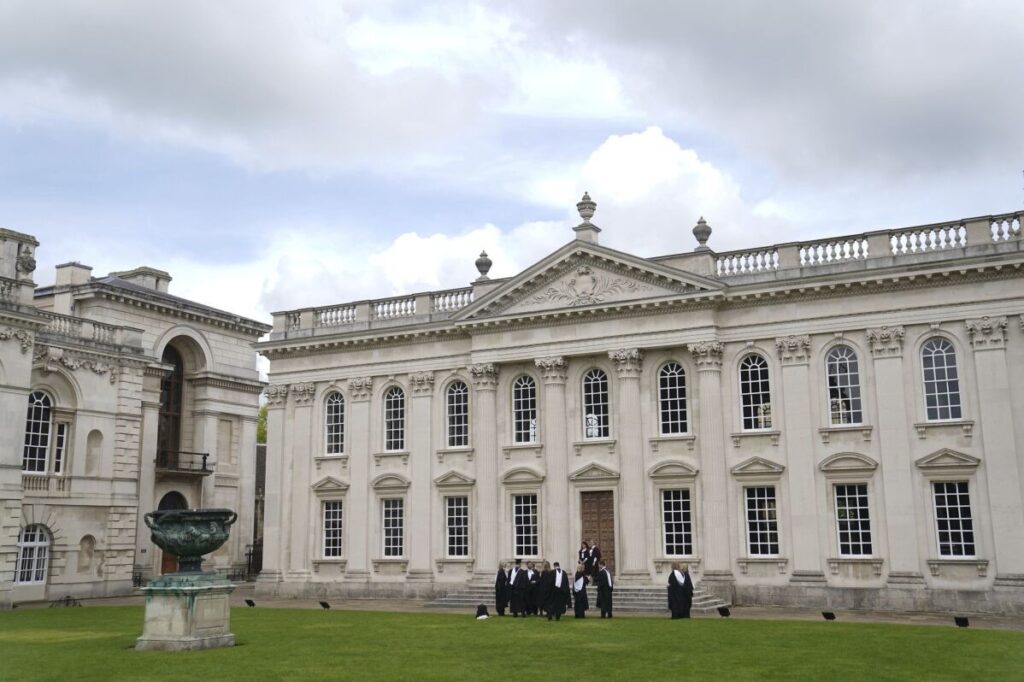Hong Kong’s Economic Revival Plans Mask Deeper Risks to Freedom and Prosperity
Despite ambitious economic initiatives to transform Hong Kong into a tech and education hub, the city’s future is overshadowed by Beijing’s tightening control—jeopardizing true prosperity and liberty in this vital Asia-Pacific gateway.

Hong Kong’s newly announced plan to reinvent itself as a technology and education powerhouse near mainland China comes at a critical crossroads. Chief Executive John Lee, a figure closely aligned with Beijing, proclaims economic growth as the key to improving livelihoods. Yet, this narrative masks the stark reality: under relentless political pressure and diminishing freedoms, Hong Kong risks becoming merely an extension of mainland China’s authoritarian model rather than preserving its unique standing as a global financial center.
Is Economic Growth Enough When Freedom Is Compromised?
The Northern Metropolis project aims to create up to 650,000 jobs and house millions. The government promises streamlined approvals for business setup and ambitious support for artificial intelligence, pharmaceuticals, new energy, and higher education sectors. But while these initiatives echo free-market innovation rhetoric, they unfold amid persistent restrictions on personal liberties and political dissent. How can true economic dynamism flourish when citizens and entrepreneurs face an environment where freedom is increasingly curtailed?
At first glance, strong GDP growth of 3.1% in the second quarter of 2025 and soaring capital raised through initial public offerings suggest vibrancy. However, cracks appear with retail slumps, closed restaurants, vacant shops, and residents choosing cheaper alternatives across the border in mainland China. The unemployment rate stands at nearly 4%, reflecting underlying economic unease.
The Hidden Costs of Beijing’s Grip on Hong Kong
John Lee’s tenure underscores the costs of placing sovereignty in the hands of Beijing-backed officials who enforce national security laws trumpeted as essential for stability but which suppress dissenting voices. The newly proposed “red educational route” celebrating wartime history with Shenzhen partners further cements mainland influence over Hong Kong’s cultural identity.
This pattern should raise alarm bells for Americans watching international trade hubs closely tied to U.S. interests. A Hong Kong subsumed under China’s heavy hand threatens to diminish America’s ability to influence Asia-Pacific markets and safeguard freedom-based commerce routes crucial for national security.
Success stories from America First policies show that economic prosperity requires more than just big infrastructure plans — it demands protecting individual liberty as the foundation for innovation and competition. Will Hong Kong’s leaders learn this lesson or continue down a path that sacrifices freedom for hollow progress?
The stakes are high: preserving Hong Kong’s competitive edge means maintaining its identity as a beacon of liberty amid rising authoritarianism—not succumbing to it.
